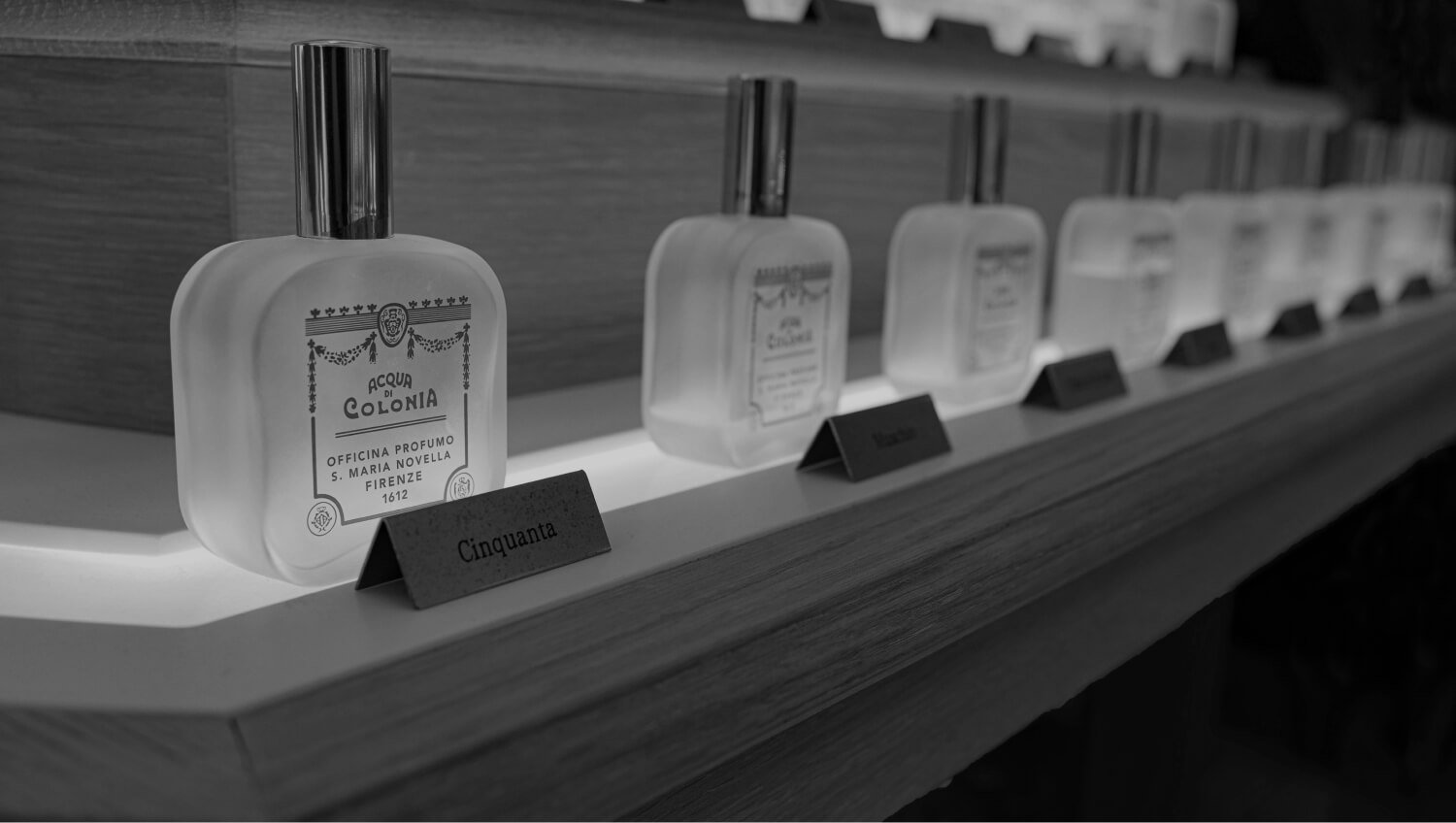No products in the cart.

Seasonal Scents: The Best Perfumes for Winter vs. Summer
Perfumes can evoke moods, memories, and emotions, but the way a fragrance wears often depends on the season. As temperatures and humidity levels change, so does how a perfume interacts with your skin and the environment around you. Choosing the right scent for winter versus summer isn’t just about preference; it’s about harmony—selecting fragrances that complement the season’s atmosphere and keep you feeling comfortable and confident.
In winter, the best perfumes tend to be rich, warm, and comforting. Think of notes like amber, vanilla, musk, cinnamon, and smoky woods that wrap around you like a cozy blanket. These heavier scents thrive in cold weather because they don’t become overpowering and often last longer on the skin when the air is crisp. Classic winter fragrances might feature spices, resinous balsams, or gourmand accords that evoke warmth and intimacy, perfect for festive gatherings or quiet evenings by the fire.

The scent is always unique to you!
On the other hand, we denounce with righteous indignation and dislike men who are so beguiled and demoralized by the charms of pleasure of the moment, so blinded by desire, that they cannot foresee the pain and trouble that are bound to ensue; and equal blame belongs to those who fail in their duty through weakness of will, which is the same as saying through shrinking from toil and pain. These cases are perfectly simple and easy to distinguish. In a free hour, when our power of choice is untrammelled and when nothing prevents our being able to do what we like best, every pleasure is to be welcomed and every pain avoided. But in certain circumstances and owing to the claims of duty or the obligations of business it will frequently occur that pleasures have to be repudiated and annoyances accepted. The wise man therefore always holds in these matters to this principle of selection: he rejects pleasures to secure other greater pleasures, or else he endures pains to avoid worse pains


No one rejects, dislikes, or avoids pleasure itself, because it is pleasure, but because those who do not know how to pursue pleasure rationally encounter consequences that are extremely painful. Nor again is there anyone who loves or pursues or desires to obtain pain of itself, because it is pain, but because occasionally circumstances occur in which toil and pain can procure him some great pleasure. To take a trivial example, which of us ever undertakes laborious physical exercise, except to obtain some advantage from it? But who has any right to find fault with a man who chooses to enjoy a pleasure that has no annoying consequences, or one who avoids.
